A great friendship? Russian propaganda and German elections
Russian “soft power” is a hot topic in both Russian and foreign media.
How effective actually is it? And what are the Kremlin’s fake publications up to in Germany?
Historian Ewgeniy Kasakow, author of the book "The Special Operation and Peace", analyzes the Kremlin’s main strategies and achievements in its fight for a German audience.
Read more … A great friendship? Russian propaganda and German elections
“Foreign agent” filter for parliamentary opposition
The Russian Ministry of Justice is increasingly labeling members of systemic parties as 'foreign agents' — targeting prominent regional politicians who lose their parliamentary mandates and the ability to participate in elections.
Andrey Pertsev explores how this will change the new composition of the State Duma and the party system.
Read more … “Foreign agent” filter for parliamentary opposition
National republics against the vertical power structure
Kremlin is preparing a large-scale municipal reform, aiming to abolish tens of thousands of urban and rural settlements across Russia.
The initiative has faced criticism from the leadership of the affluent and populous republics of Tatarstan and Bashkortostan, with State Duma Speaker Volodin effectively sabotaging its adoption.
This article explores why the Kremlin's municipal reform drew criticism from seemingly loyal regional politicians.
Read more … National republics against the vertical power structure
2024: A year of great hopes and crushing disappointments
Looking back at the past year, REM presents a political summary of 2024 in Russia.
More on the key election-related developments and what to watch for in 2025 – in this article.
Read more … 2024: A year of great hopes and crushing disappointments
Who funds United Russia?
The wealthiest political party in Russia, which has maintained a dominant position in power for over 20 years, receives annual funds large enough to cover the expenses of a small town.
Sirena project conducted a thorough analysis of the party’s financial report, identifying its key sources of support.
REM summarizes its main findings.
Report: COVID-19 pandemic and war have not altered the funding system of Russian political parties
According to the recent Golos report, the rules meant to ensure financial transparency of political parties are not functioning as intended.
Instead, parties have become more secretive and learned to circumvent legal restrictions.
REM shares key findings of the report.
Immunity from the military: How Russia's power vertical resists career advancement of the “special military operation” participants
Vladimir Putin often refers to participants in the war as the "true elite".
However, the results of the regional elections show that the system is not ready to place 'frontline soldiers' in key positions, and the military itself is not keen to pursue deputy roles, which are often unpaid.
CPRF: Does the “party of the past” have a future?
What is the Communist Party of the Russian Federation undergoing amidst the war and the totalitarian evolution of Putin’s regime?
Does it stand any chance of surviving Putin? And what can the CPRF’s past reveal about its future?
Journalist Azamat Izmailov traces the party’s evolution.
Read more … CPRF: Does the “party of the past” have a future?
Without respect for fundamental freedoms: Ten reasons why Russian elections and their results cannot be considered democratic
Due to repressions against the observers, reduced number of parties and remote e-voting system, the results of the September elections were contrary to the statutes of international law.
Statement of the Golos movement on the results of the regional elections of 6-8 September 2024
The Movement in Defense of Voters' Rights Golos has published a final statement on the results of the regional elections in Russia in September 2024.
REM presents an abridged English version of the statement.
"We don't need a woman, she won't be able to manage our district". How Russian women are running for office
In 6-8 September elections, 83 men and only 12 women are running for governor in 21 regions.
Being a female politician in Russia means facing numerous challenges.
7x7 shares stories of women who stand for office in 2024.
Kaliningrad region: The political landscape before the elections
How has Russia’s invasion of Ukraine affected the situation in the Kaliningrad region? What is the background and what should we expect in the upcoming regional elections?
Journalist and activist Roman Kolevatov answers these questions.
Read more … Kaliningrad region: The political landscape before the elections
The phantom of competition
To let disgruntled voters blow off steam, Kremlin has returned to the theme of "competitive elections" for the first time in many years.
However, in the absence of real competition such strategy may backfire.
Andrey Pertsev explains why Kremlin creates an illusion of contest in predictable elections.
Beglov — a riddle of Putinism?
Why will the most unpopular governor of Saint Petersburg win the upcoming election? And how is Beglov significant to the Kremlin and to Putin personally?
Political observer Maksim Veselov discusses how “The Beglov Era” in St. Petersburg perfectly encapsulates today’s Russia and why Beglov serves as the role model of Putin’s clerk.
Between extinction and degradation: Do systemic parties have a future?
How did “systemic parties” emerge in Russia?
What makes a political party “systemic” in general? And why does Vladimir Putin’s regime still need them?
Political researcher explores these questions.
Read more … Between extinction and degradation: Do systemic parties have a future?
Kremlin plans to reelect Alexander Beglov as governor of St. Petersburg
In September 2024, Vladimir Putin’s hometown will elect its governor. Most likely, it will again be the Kremlin's protégé Alexander Beglov.
Presidential Administration's documents leaked to the journalists of “Vot tak” indicate that the entire campaign is managed from a single center, and Beglov’s rivals are carefully selected candidates with no chance of winning.
“Vot tak” reveals how Kremlin is running a fake campaign that costs 1.8 mln USD.
Read more … Kremlin plans to reelect Alexander Beglov as governor of St. Petersburg
Moscow Mayor's Office decided not to allow opposition candidates to City Duma elections and to conduct the campaign quietly
The Moscow parliament should be ‘maximally cleared’ of opposition candidates, with 'Sobyanin's people' taking their place. The election campaign should not attract unnecessary attention.
According to sources of the Verstka media, these are the objectives set by the Moscow mayor's office for the upcoming elections on 8 September.
"Something's been tweaked somewhere!": Participants in the war in Ukraine ran in Russian elections and failed
Despite being given advantages, only 19 war participants won ‘passable’ parliamentary seats in United Russia primaries.
How was this even possible? Read in the article by Verstka.
When did it all go so horribly wrong? The Russian opposition turns to introspection
The Anti-Corruption Foundation’s latest documentary series with the heavy title Traitors raises complex questions about the 1990s as a myth and as an actual historical period that had consequences for the present - questions about opposition strategy, communication style, political platform and Russia’s possible future.
In this essay, Dr. Ilya Matveev reflects on each of these questions in turn.
Read more … When did it all go so horribly wrong? The Russian opposition turns to introspection
Russian expatriate voting: Generational divides, gender gap and electoral manipulations
How do Russians living abroad vote and what factors drive their electoral behavior?
In the presidential election 2024, volunteers conducted exit poll surveys in 44 countries where Russian citizens cast their votes.
The results identify the most problematic polling places with significant discrepancies between survey results and official voting results.
Read more … Russian expatriate voting: Generational divides, gender gap and electoral manipulations
Parties in a coma
The results of presidential campaign 2024 raise questions about the future of the party system.
For the first time in the post-Soviet history of Russia, none of the parliamentary candidates gained more than 5% of the vote - at least according to the official data.
This means the party machinery for mobilizing core supporters is virtually inoperative.
As Putin enters his fifth term, what transformations is Russian party system going through? An analysis by Riddle.
The new Kadyrov. Who could become the next head of the Chechen Republic?
Although the 47-year-old Chechnya's leader Ramzan Kadyrov denies rumors about his potentially fatal illness, media and experts on Russian elites claim that Kremlin has begun to develop a plan for power transfer.
What kind of person does Kremlin need to be in charge of Chechnya, and who are potential candidates for this post – in REM's review.
Read more … The new Kadyrov. Who could become the next head of the Chechen Republic?
An undesirable cudgel
In the first three months of 2024, Russian authorities declared more organizations “undesirable” than in the full year of 2022.
The law on undesirable organizations was adopted in 2015. Foreign NGOs labeled “undesirable” are banned from establishing legal entities, disseminating information and implementing programs in Russia.
This long read examines how the legislation on undesirable organizations has evolved since then and how the law is enforced today.
Russian opposition: A strategic impasse
The current state of opposition politics in Russia is paradoxical. Despite commanding considerable resources, the opposition has not had any strategic or even tactical successes for a long time.
In this essay, a political scientist discusses the impasse in which the Russian opposition finds itself and outlines three areas for strategic discussion about its future.
Vote report. How Kremlin uses social media to control and boost turnout
REM commissioned an independent team of analysts to monitor Russia's leading social networks, VKontakte and Telegram, to show how the Kremlin's propaganda machine works on social media.
Here are the results of social media monitoring during the voting days on March 16-18, 2024.
Read more … Vote report. How Kremlin uses social media to control and boost turnout
Electoral anomaly in Cyprus. How Foreign Ministry and CEC fabricated 40,000 votes for Putin
We collected evidence demonstrating why the presidential vote 2024 in Cyprus can be considered the largest overseas electoral fraud in Russia's modern history.
22 million fake votes for Putin? How Kremlin rigged the election results 2024
Various methods of data analysis can be used to detect electoral fraud.
Several investigative teams counted that at least 22 million votes — a third of the 65 million ballots cast for Vladimir Putin — were cast fraudulently. Keep reading to find out how it works.
Read more … 22 million fake votes for Putin? How Kremlin rigged the election results 2024
Statement on the Russian presidential elections 2024
Based on Golos observers' reports, REM summarizes the three-day presidential vote results and reports on electoral violations.
Read more … Statement on the Russian presidential elections 2024
Express review of the third voting day on 17 March
Based on the Golos report, REM summarizes the key trends observed during the third voting day of the presidential election 2024.
Read more … Express review of the third voting day on 17 March
Express review of the second and beginning of the third voting days on 16-17 March
Based on the Golos report, REM summarizes key trends observed during the second and the beginning of the third voting days of the presidential election 2024.
Read more … Express review of the second and beginning of the third voting days on 16-17 March
Express review of the first voting day on 15 March
Based on the Golos report, REM summarizes the key trends observed during the first voting day of the presidential election 2024.
Read more … Express review of the first voting day on 15 March
Russia uses social media as a major campaigning tool in its presidential elections
REM commissioned an independent team of analysts to monitor Russia's leading social networks, VKontakte and Telegram, to show how the Kremlin's propaganda machine works on social media.
Here we present the main findings, fascinating data, and diagrams revealing the mechanisms behind this massive propaganda machine.
Read more … Russia uses social media as a major campaigning tool in its presidential elections
Election update VII. The campaign results: Russian authorities make the election run dry
In this article, REM summarizes the results of the presidential election campaign 2024, focusing on agitation and administrative mobilization.
The text is based on the respective report published by the election watchdog Golos.
Read more … Election update VII. The campaign results: Russian authorities make the election run dry
How the authorities allure Russians to the election to increase the turnout
In regimes such as Russia's, a typical voter lacks motivation to participate in the elections due to the high predictability of the outcome.
At the same time, election organizers need to ensure a high turnout to show that the society is not tired of its national leader even after decades of his rule.
How do they do it? Find out in this long read.
Read more … How the authorities allure Russians to the election to increase the turnout
Navigating opposition strategies in presidential election 2024
As the presidential vote looms, Russian opposition is trying to develop the most sensible voting strategy.
Although the whole setup is highly orchestrated, three options are on the table. What are they?
Read more … Navigating opposition strategies in presidential election 2024
Who is Vladislav Davankov – a new hope for opposition in the presidential election?
After the CEC refused to register Ekaterina Duntsova and Boris Nadezhdin, it became clear - in presidential election 2024, there will be no one on the ballot who opposes the war in Ukraine and criticizes the government.
Nevertheless, prominent opposition leaders continue to agitate Russians to go to the polls and vote for "anyone but Putin". The most obvious choice for many is Vladislav Davankov, a presidential candidate from the New People party.
Read more … Who is Vladislav Davankov – a new hope for opposition in the presidential election?
In Memoriam: Alexei Navalny (1976 - 2024)
Reflecting on Alexei Navalny's political journey, this text recognizes his substantial impact on Russian elections - for both the past and probably the future.
Navalny played a crucial part in enlightening Russian society about elections through his campaigns, emerging as a symbol of will and hope for the most thoughtful segment of the population.
His legacy leaves an enduring mark on the landscape of Russian politics, which will not disappear with his murder.
How voter signatures collection turned into an impassable barrier for the opposition
Boris Nadezhdin, an anti-war candidate for the Russian presidency, was not registered as such by the Russian Central Election Commission.
Being nominee of a non-parliamentary party, he needed to submit 105.000 signatures of Russian citizens in support of his candidacy. He did so, but the CEC invalidated a signification part of them.
We explain how Russian election commissions use the signatures as a tool to eliminate undesirable candidates.
Read more … How voter signatures collection turned into an impassable barrier for the opposition
Statement. Russia has declared REM an ‘undesirable organization’
On 1 February 2024, the Russian Prosecutor General's Office declared the Russian Election Monitor a so-called ‘undesirable organization’.
Read more … Statement. Russia has declared REM an ‘undesirable organization’
Who is Boris Nadezhdin – the anti-war candidate for the Russian presidency?
Many are convinced that Nadezhdin's nomination is a well thought out plan orchestrated by the presidential administration. Even his surname has roots in the word "hope" in Russian.
Yet, these rumors have not prevented Nadezhdin from gaining almost unanimous support of Russian opposition and eventually becoming the only presidential hopeful with anti-war agenda.
Read more … Who is Boris Nadezhdin – the anti-war candidate for the Russian presidency?
It’s the taking part that counts. What strategy will the opposition have for the presidential elections?
On January 14, representatives of Russian exiled opposition participated in a live broadcast on TV Rain to discuss their strategy for the upcoming elections in March 2024.
REM publishes a short summary of participants’ suggestions.
Dissent of the loyal: Women’s protest on the eve of the presidential campaign in Russia
After 600 days of genocidal war in Ukraine, dozens of women - mothers, wives and sisters - attempted to rally demanding the return of their loved ones home.
Any manifestation of dissent is an unlikely event these days in Russia due to the highly repressive environment and immediate crackdown on any instance of public discontent.
Read more … Dissent of the loyal: Women’s protest on the eve of the presidential campaign in Russia
How the Russian opposition is preparing for 2024 presidential elections
Vladimir Putin is to stand for a fifth term. Little doubt remains that Kremlin will make every effort to keep him in power.
Can the upcoming vote become a window of opportunity for a democratic regime change?
Here we explain how the quite fragmented Russian opposition intends to act in the presidential elections 2024 and what it recommends to the voters.
Read more … How the Russian opposition is preparing for 2024 presidential elections
Who is Ekaterina Duntsova – a candidate for the Russian presidency?
“Every day the life of ordinary Russians is becoming more difficult. Citizens cannot freely express their opinion if it does not coincide with the position of the authorities; the number of political prisoners is growing, hundreds of thousands of people have been forced out of the country. <...>
“Military operations” on the territory of neighboring states lead to imminent isolation and degradation”, her campaign website says.
Read more … Who is Ekaterina Duntsova – a candidate for the Russian presidency?
Russian presidential elections 2024: Is resistance at polls possible?
The election on 17 March 2024 will be the first presidential election during the war in recent Russian history. Further, it will be the first presidential election after the constitutional amendments 2020 that nullified the count of consecutive presidential terms and allowed Vladimir Putin to stay in power until 2036.
We asked an expert if there is any room for maneuver for opposition voters, given the unprecedented level of political constraints.
Read more … Russian presidential elections 2024: Is resistance at polls possible?
"We’ll have no time to celebrate the victory before the great lent"
In March 2024 election, Vladimir Putin should receive at least 80% of the votes with a turnout of 80%. According to “Verstka”, these are the benchmarks that the Kremlin's domestic policy bloc is setting for the Russian authorities.
The campaign slogan consists of three words: “Pride. Hope. Confidence”. The heroes of the “Special Military Operation” will also be invited to become Putin's confidants; however, the main focus won’t be set on them or on the war itself.
Read more … "We’ll have no time to celebrate the victory before the great lent"
The first post-Putin elections: What they might look like
How to organize a fair voting system in post-Putin Russia? How elections should be arranged and who should be responsible for this? What principles of representation should be taken into account?
Political scientist Grigory Golosov discusses these and other questions in this article.
Read more … The first post-Putin elections: What they might look like
Opposition coalition: A good thing or “To hell with it”?
On 25 September, supporters of Alexei Navalny published a large text in which he rejected a coalition with the rest of the opposition. On the same day, Maxim Katz released a video where he disagreed with Navalny and called on “dissenters” to unite before the presidential elections in 2024.
In this article, political scientist Grigory Golosov explains which of the two strategies is more effective, and whether political coalitions in modern Russia make any sense at all.
Read more … Opposition coalition: A good thing or “To hell with it”?
Free elections post-Putin: Not a cure-all
The demand for free elections should be an indisputable cornerstone of any democratic reform program. That is why it is a common belief that the first order of business after the fall of the current regime in Russia should be to conduct free nationwide elections.
Political scientist Grigory Golosov argues that despite the importance of elections, this issue should not be the first on the agenda and explains why.
Online elections in Russia. What to expect from them?
Over the span of several election cycles, e-voting in Russia has proved to be a black box serving the regime’s needs.
After its launch in just a handful of regions, it is now expected to become available to all Russians in the 2024 presidential elections to facilitate fraud and deliver an overwhelming vote share for Vladimir Putin.
Read more … Online elections in Russia. What to expect from them?
Three politicians who opposed the war and won the elections
After the Russian invasion of Ukraine, most deputies who openly disagreed with Putin's war were sent to pre-trial detention centers or 'squeezed out' of the country.
However, despite the total suppression of the freedom of speech and assembly, there are still municipal politicians in Russia who openly oppose the war and win local elections.
We share the stories of three such heroes.
Read more … Three politicians who opposed the war and won the elections
Putin’s electoral theatre: Past, present and future
On 8-10 September 2023, Russia held local elections in two dozen different regions. The Kremlin could have easily canceled them by declaring martial law. Instead, elections were held in the newly occupied areas of Ukraine despite martial law. This suggests that Putin’s regime still finds sham elections useful.
This essay provides a brief history of elections in post-Soviet Russia, exploring the latest example of the Kremlin’s sham democracy and sketches the prospects of political changes.
Read more … Putin’s electoral theatre: Past, present and future
What are the opportunities for the opposition in Russian elections?
The electoral and civil rights legislation in Russia is getting stricter year by year, leaving very little room for oppositional politics. What can opponents of the regime achieve in the face of constantly introduced obstacles?
In this article, we reflect on whether there is any room left for opposition politicians in Russia, and if it makes sense for them to participate in elections at all.
Read more … What are the opportunities for the opposition in Russian elections?
Spoilers and doppelgängers in Russian elections
The practice of nominating namesake candidates or similar-looking candidates is widely used in Russian elections.
In this article, we explain how this electoral technology works to mislead the voter and pull votes away from the opposition.
What are the specifics of Russian parliamentarism?
Do elections have any value in a country with strong repressive machinery where any politician whom the authorities may consider dangerous can be placed in jail?
The author of this article is convinced that elections in Russia present not only a high-cost ritual spectacle simulating democracy but also largely shape the interaction between the state and society.
Keep reading to find out more.
Read more … What are the specifics of Russian parliamentarism?
A slow death of municipal autonomy in Russia
This article delves into the process of elimination of municipal autonomy from the 2010s to the present, leading us through a series of reforms that have helped Kremlin build the so-called ‘power vertical’.
A gradual transition from weak, but somewhat independent local governance toward loyal local appointees contributes to our understanding of how political decision-making works in high-capacity authoritarian states like Russia.
If there is Putin, there are no debates
This year, Khakassia emerged as the sole Russian region where its governor, communist Valentin Konovalov, invited his adversary, Sergey Sokol from United Russia, to a debate. While the audience hoped for a substantive political exchange, the discourse was dominated by accusations of mudslinging and chasing hype.
This article explores how debates in modern Russia have changed, why gubernatorial candidates avoid open discussions with opponents, and what the future holds for debates.
Why the war did not become the main topic of the election campaign
In the past, parties and candidates would offer distinct promises to voters, address social concerns, and even position themselves against the government. However, the current campaigns appear lackluster and devoid of a clear message. Even the topic of war is scarcely touched upon by the primary candidates.
This REM review explores why the war in Ukraine hasn't emerged as the predominant topic of the recent election campaign.
Read more … Why the war did not become the main topic of the election campaign
Voting under bullets and shells
Holding elections in the occupied territories of Ukraine on 8-10 September is a daunting task for the Russian authorities.
This long read explores how the ongoing military actions affect election preparations and how the Kremlin is making sure that there are no surprises.
The Just Russia party distances itself from regional elections following the Wagner mutiny
News on Just Russia's withdrawal of electoral activity in the regions began to emerge shortly after Prigozhin's uprising in June 2023. Expert opinions differ: some believe it signals the falling from favor for the systemic opposition, while others argue that the party uses the uprising as a rhetorical cover-up for the internal splits.
Approval ratings do not predict change or Why we should stop gazing at political polls from Russia
Prigozhin's failed mutiny on June 24th sparked various speculations concerning his support among the Russian population.
In times of political turbulence, approval ratings become subject to interpretations fueled by the hope of regime collapse. An expert explains why putting so much trust in politicians’ approval ratings originating from today’s Russia might be delusional.
The thing
As it turned out at legal proceedings held on the 9th of March, proving the illegality and inadequacy of the online voting system used in Moscow's elections in 2022 wasn't rocket science or high mathematics. On the contrary, it was as easy as asking for a certificate!
Moscow's i-voting system is not lawfully certified and contradicts legal requirements, court investigations revealed.
First elections after mobilisation
Last year the Kremlin cheated people who came to pollings station. The regime said nothing about the upcoming draft. But merely within 10 days after the polling stations were closed, the recruiting centres were unexpectedly open.
It is not possible to repeat that trick again.
Il Duce served a la Russe
The Russian people have not named Vladimir Putin Il Duce (‘The Leader’). He has been identified as such, just as earlier in history in Italy, by the elite. And as in Italy, the elimination of fascism can only be finalised by integrating the ex-fascist country into the Western world.
The Emperor's secondhand clothes
By going to war in Ukraine, the Putin regime tried to be what it pretended to be, but its facade crashed into reality. Any myth is effective as long as its creator does not allow it to clash with reality. Skilled myth-makers know this well and guard their creations, and they do not, of course, believe in their own myths. Putin observed these rules for a long time, but he gradually began to believe in the myths that he and his entourage created and then acted in accordance with them.
Serfs of the State
Today we will discuss budgetary workers and their role in Putin's regime. Who are the "budgetniki"? Are they the backbone of Putin's regime? In what countries and under what conditions are elections susceptible to manipulation through budgetary workers?
The 2022 elections as the last refuge of the scoundrel
Without the successes in Ukraine or on the propagandistic internal front, these elections are the last opportunity for the Kremlin to assert the concept of business-as-usual, to ensure the grip on regional assemblies. It is vital in the anticipation of an economic slump, Moreover, the new municipal structure needs a strong hand. Finally, it is a testing ground for “distant voting”, impermeable for observers.
Read more … The 2022 elections as the last refuge of the scoundrel
Wartime elections
The upcoming E-day in Russia: deprived of the freedom of speech and party lists, elections are still the only way to grasp the citizens' attitude towards authorities.
Elections in a close order formation
Essential changes to Russia’s electoral legislation were introduced after its aggression against Ukraine. Indeed, one might discern some military flavour in these adjustments: discipline, unification, centralisation, monopolisation of chain of command, and elimination of tools of civil control. Dr Arkady Lyubarev, candidate of legal sciences, co-author of federal and Moscow electoral legislation, and editor in chief of the draft Electoral Code, gives his assessment of the further deterioration of the electoral system in Russia.
‘Fortress’ Plan
Stanislav Andreychuk on how the Kremlin is changing laws that regulate Russia’s polity and elections to maintain the status quo.
Created and (or) distributed: Discriminatory aspects of the application of legislation on ‘foreign agents’
OVD-Info reviews the newly expanded 'foreign agents' law to identify and analyze discriminatory aspects of the legislation and its application.
Statistical analysis of elections in Kuban
According to the analysis by Sergey Shpilkin, 889 thousand out of 1.7 million votes for United Russia in Kuban do not fall into the normal mathematical distribution. This can result from direct falsifications, pressurized voting of the employees of state-owned enterprises, public institutions, and local authorities, and the use of an administrative resource.
Levels of electoral fraud in the Russian regions
In order to help assess the outcomes of 2021 State Duma elections, the 'Movement in the Defense of Voters' Rights "Golos"' provides a reference analysis, dividing Russian regions into six groups based on the level of falsifications in the federal elections of 2016 and 2018 and in the all-Russian voting in 2020.
Read more … Levels of electoral fraud in the Russian regions
2021 State Duma elections: first statistical estimates
Sergey Shpilkin analyzes data from 96,840 polling stations that cover 107.9 million registered voters out of 109.2 million on the list. His analysis demonstrates that at the polling stations where the results appear genuine, the turnout is on average 38% and the United Russia's share of votes is between 31% and 33%.
Read more … 2021 State Duma elections: first statistical estimates
Residents of Russia-Occupied East Ukrainian Territories Encouraged to Vote in 2021 State Duma Elections
One aspect of the 2021 Russian parliamentary elections that differentiates them from previous federal elections is the potential participation in the voting process of dozens of thousands of people located on the Ukrainian territories outside of control of the Ukrainian authorities and not recognized as part of Russia by the Russian Federation itself.
Vladimir Putin plans to win Russia’s parliamentary election no matter how unpopular his party is
Despite its dismal approval rating, Russian President Vladimir Putin's ruling political party can – and likely will – win a constitutional majority in September's legislative elections.
No tolerance for dissent: the state of Russian media ahead of 2021 elections
After almost a decade of crackdowns on big players, the landscape of critical journalism in Russia is dominated by local or smaller niche projects. But if the 2020-2021 trend of relentless attacks on media, journalists, and bloggers continues, many of these small projects are not likely to survive into the autumn. The regime makes it pretty clear that it no longer intends to tolerate any dissent.
Read more … No tolerance for dissent: the state of Russian media ahead of 2021 elections
Conditions for Citizen Election Observation in the Russian Federation Ahead of the 2021 Duma Elections
Opportunities for independent citizen election observation and civil society space in general have been shrinking steadily in Russia over the past decade. Recently, further restrictions have been adopted that limit the ability of citizens to independently monitor electoral processes.
How Authorities Stripped Russians Of Choice
Over the past 14 years, the authorities have blocked 120,000 candidates from participating in elections of various levels, depriving millions of Russian citizens of the right to choose their representatives.
Now Extremists. How Alexei Navalny's Supporters May Be Persecuted
On June 9, the Moscow City Court, based on the charges by the Moscow Prosecutor's Office, recognized the Anti-Corruption Foundation (FBK), the Foundation for the Protection of Citizens' Rights, and the headquarters of Alexei Navalny as extremist organizations. Now, many citizens are under a threat of pressure and persecution.
Read more … Now Extremists. How Alexei Navalny's Supporters May Be Persecuted
Online Elections in Russia: Manipulating Votes in a New Digital Realm
Ahead of the State Duma election on September 19, 2021, Russia just tested its remote electronic voting system. While the Central Election Commission of the Russian Federation (CEC) is preparing the report about the results of the test, election monitors say Russia's electronic voting system is a black box.
Read more … Online Elections in Russia: Manipulating Votes in a New Digital Realm
New Legislation Aims To Block Opposition Candidates
The Russian authorities are expected to orchestrate a result in the upcoming State Duma elections that will give United Russia a clear majority of seats. This does not mean, however, that the manipulation of the electoral process by the authorities is complete. In a limited number of competitive districts, true opposition candidates including candidates who are associated with Aleksei Navalny have a real chance of winning if they are allowed to run. In recent weeks, steps have been taken to block these 'undesirable' candidates from participating.
Read more … New Legislation Aims To Block Opposition Candidates
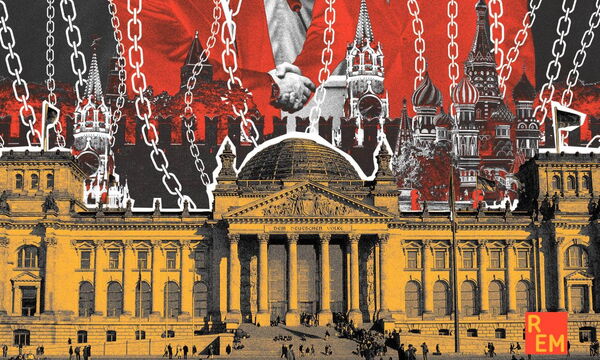
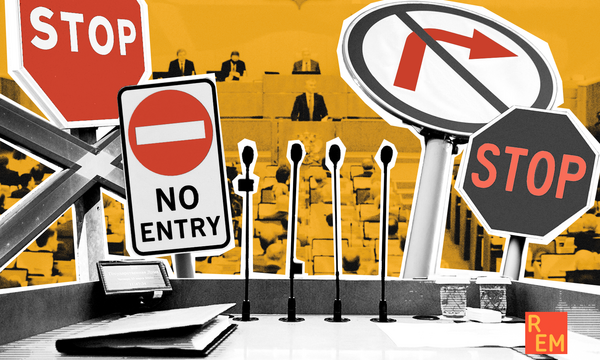
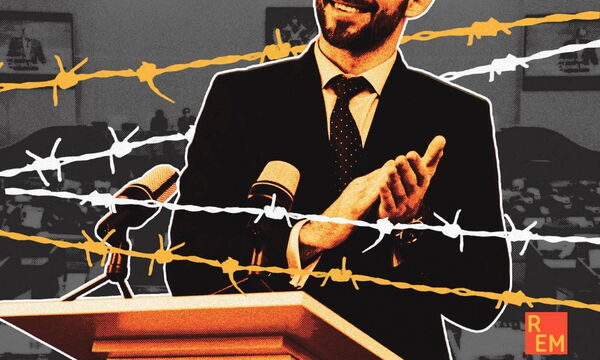
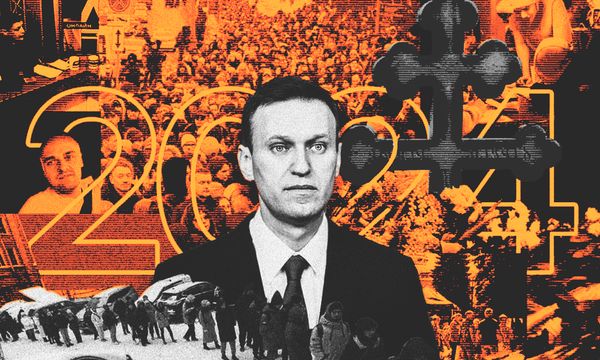
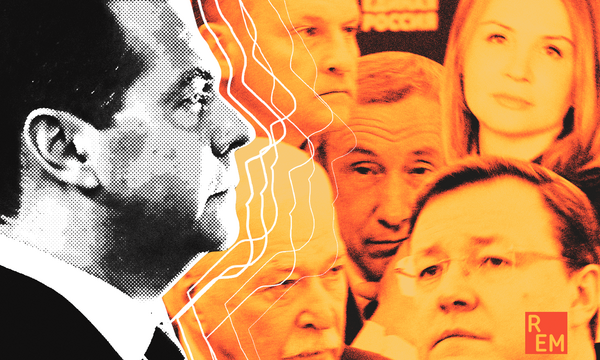
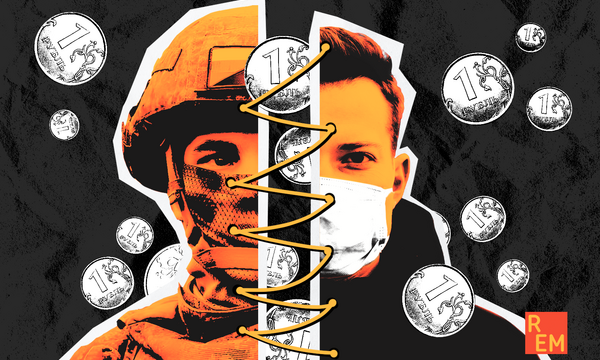
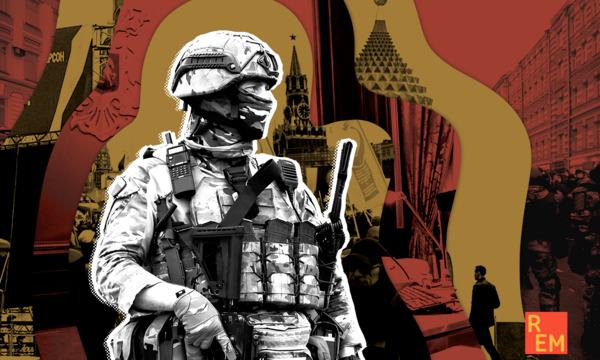
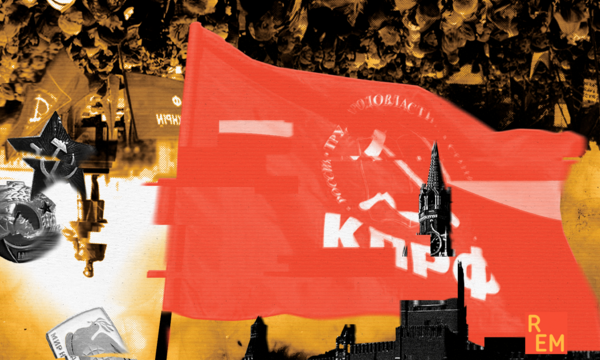
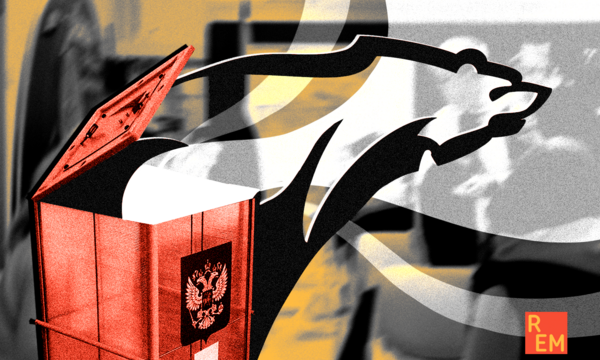
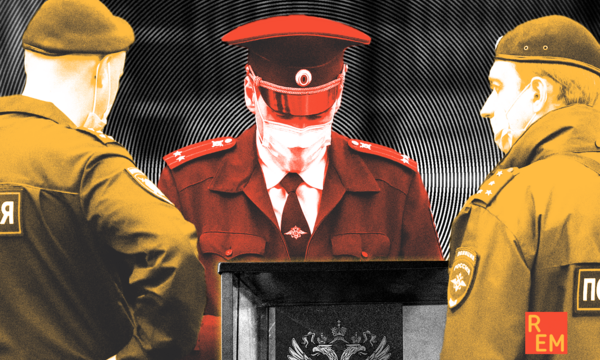
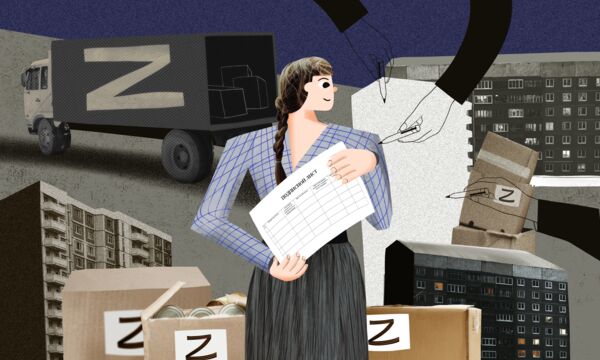
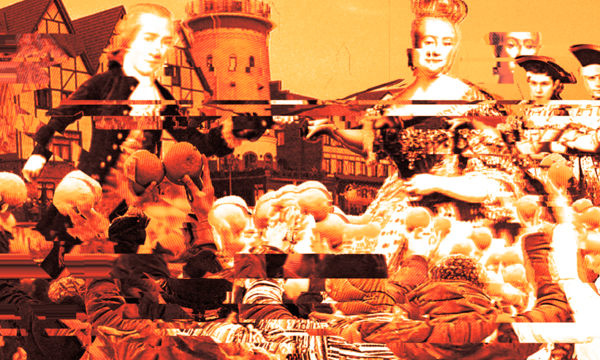
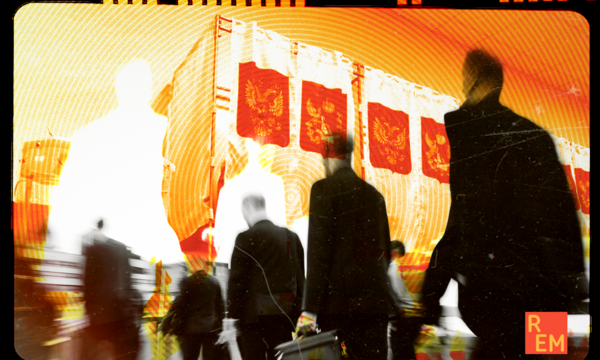
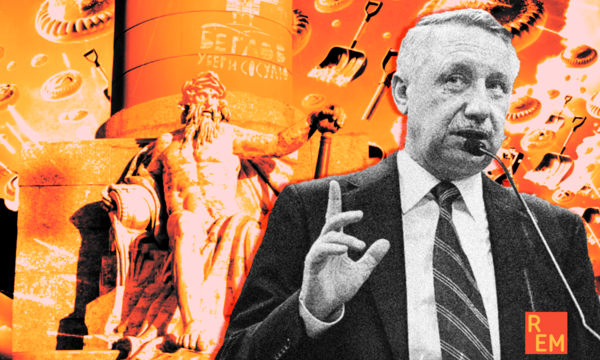
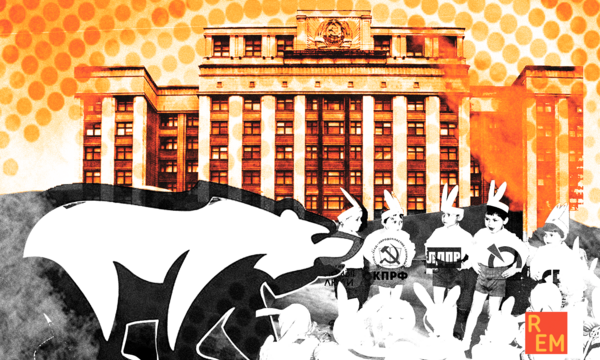
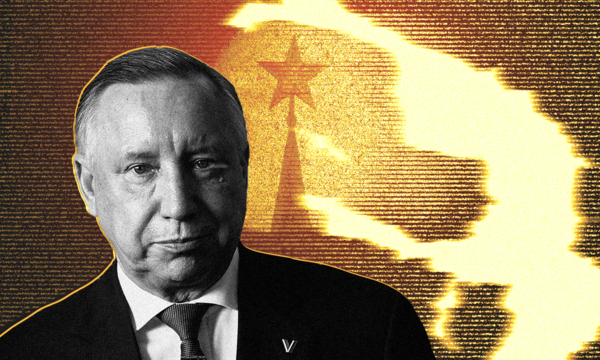



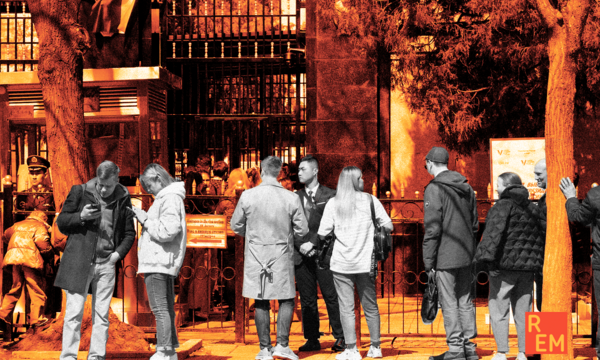


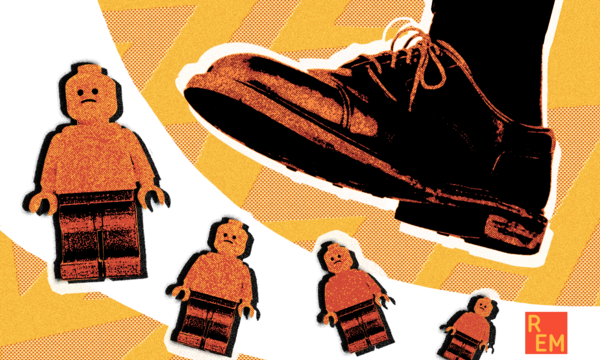
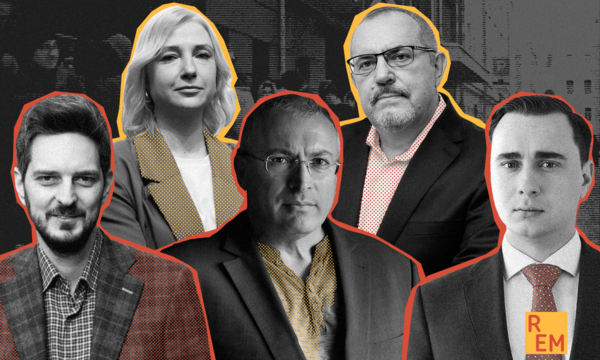
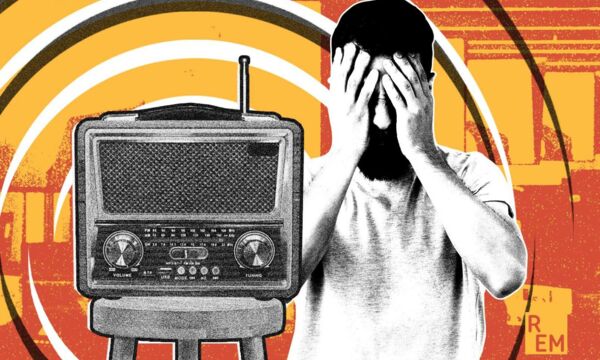
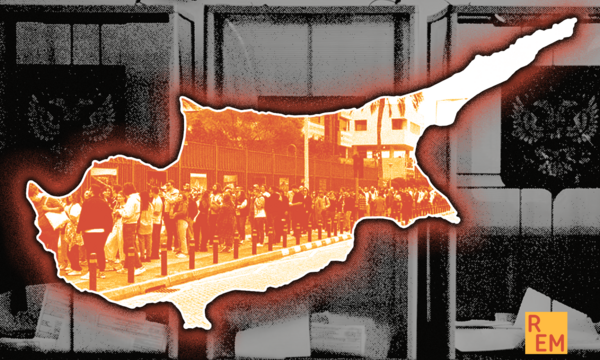
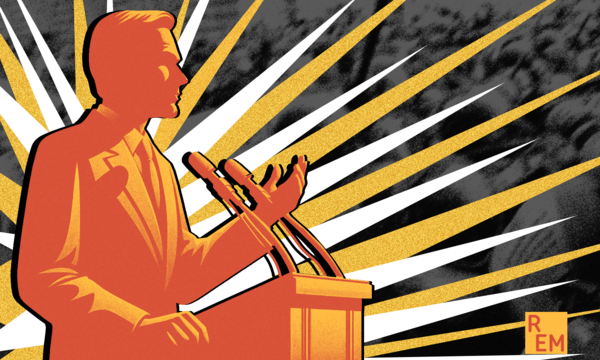
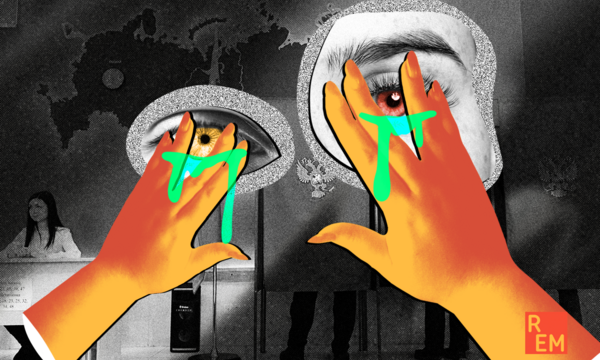

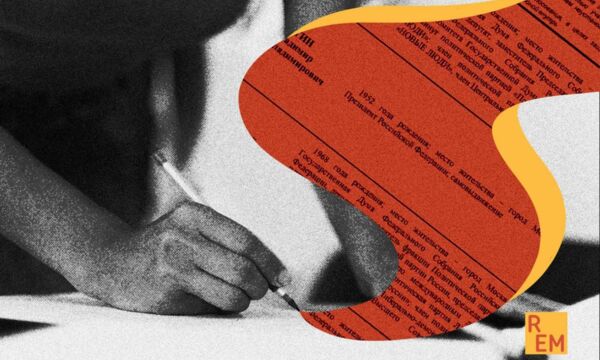
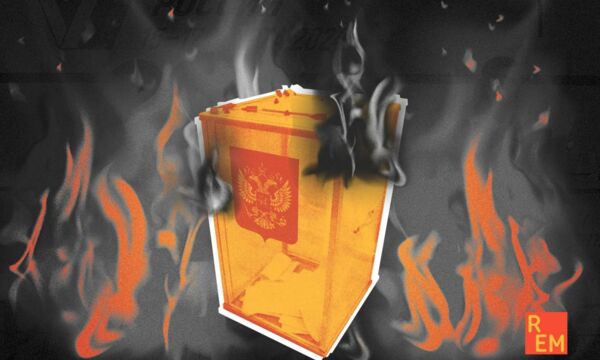
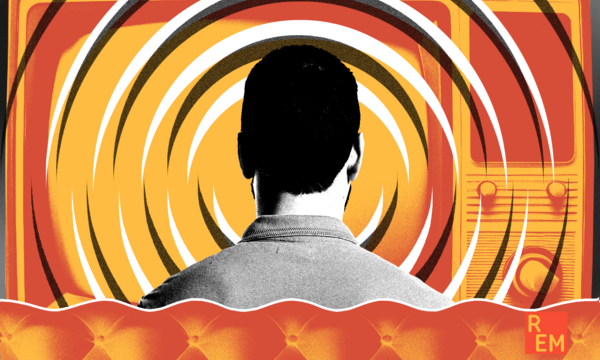
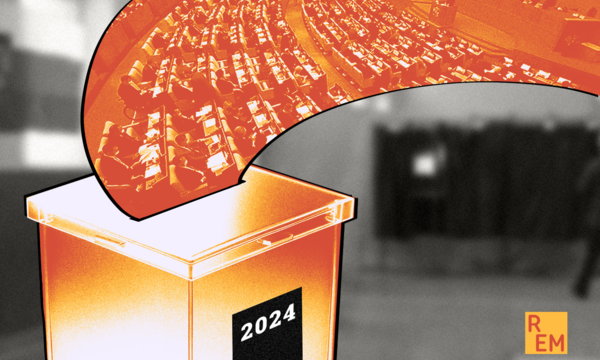
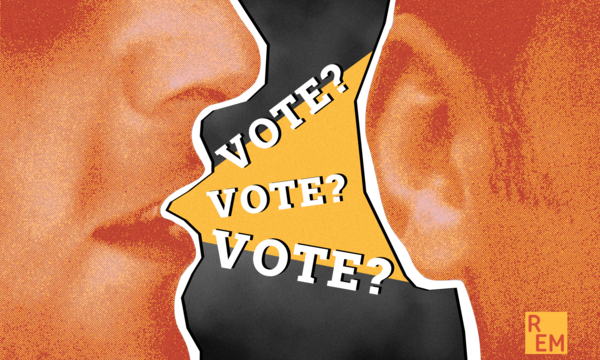
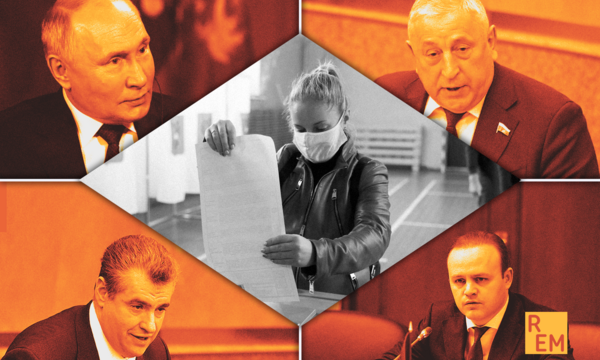
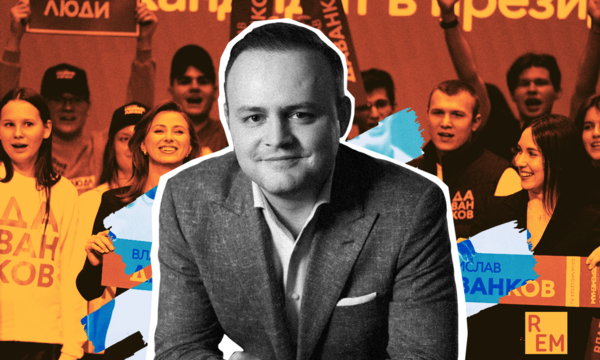
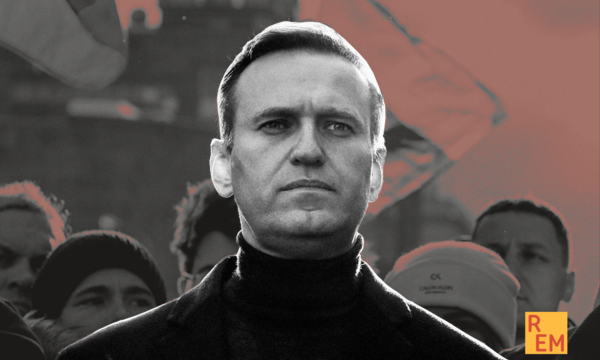
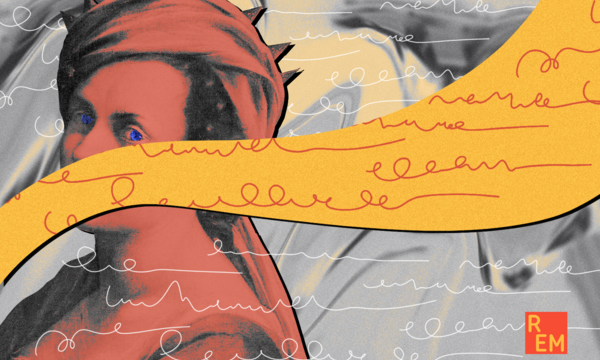
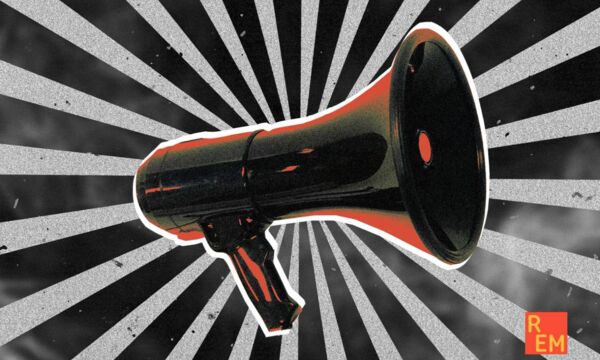
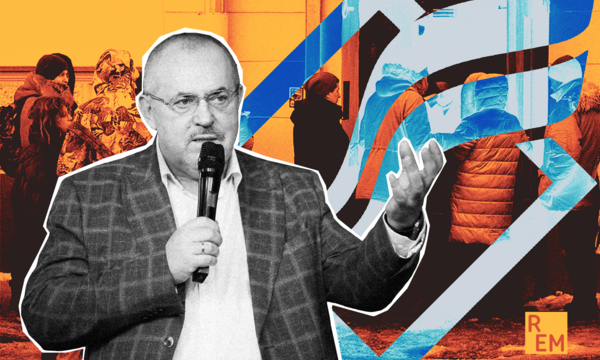
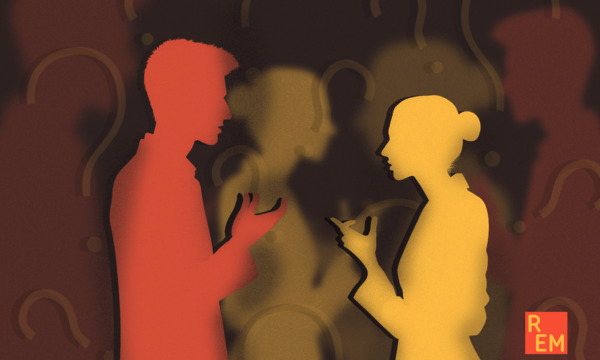
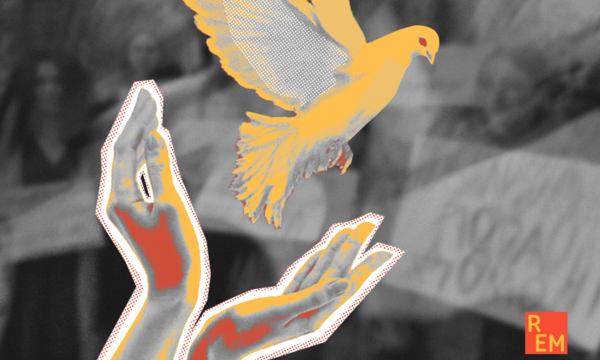
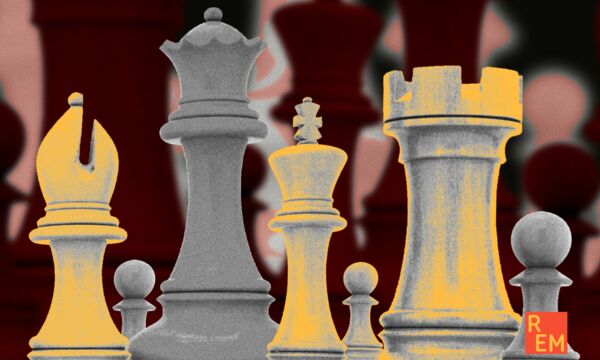
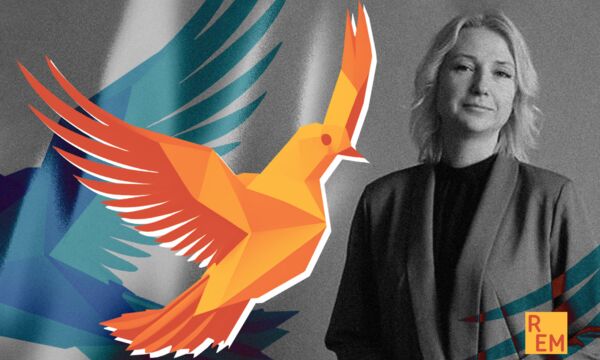
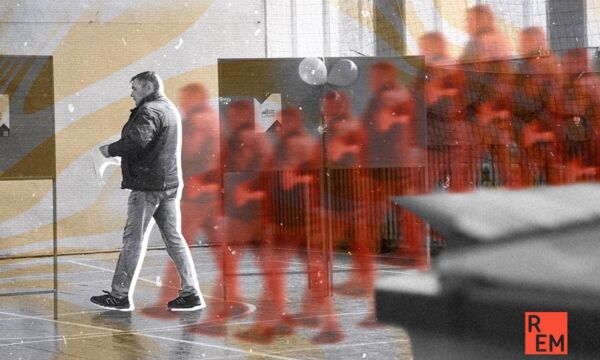
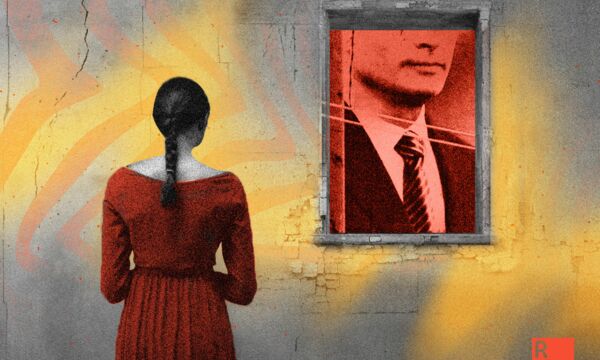
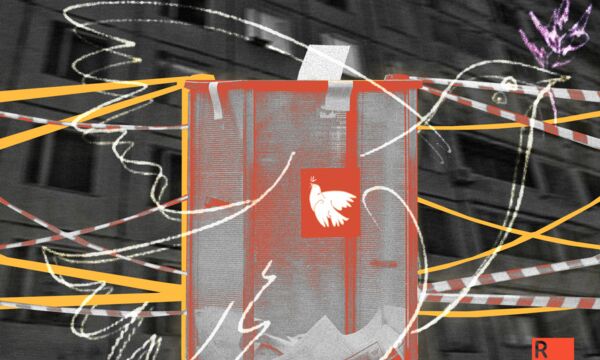
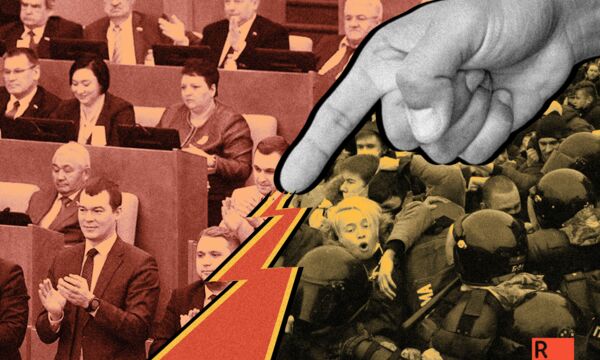
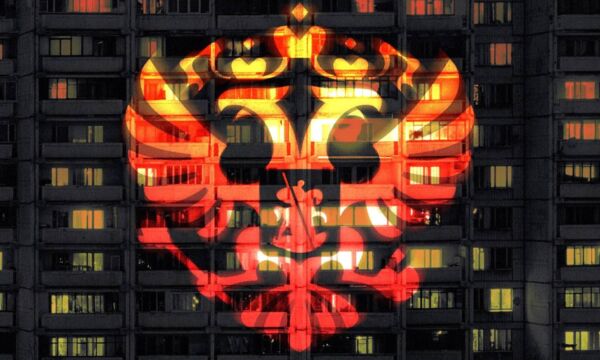

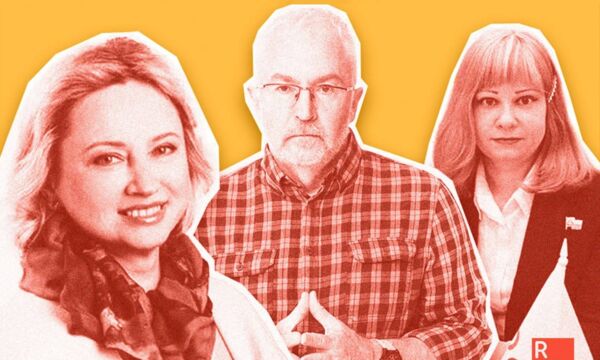
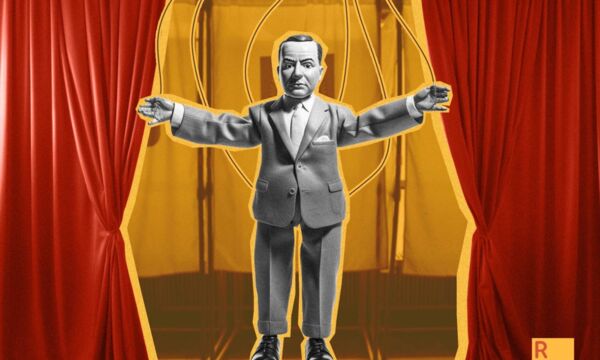
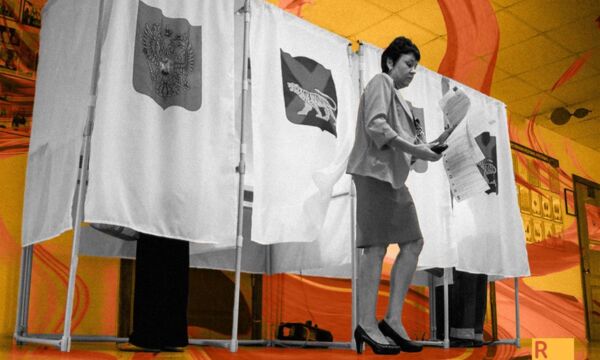
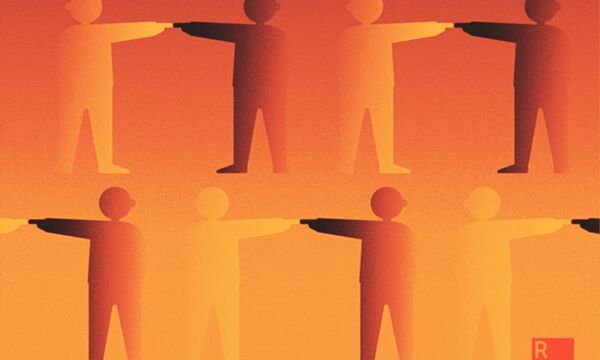
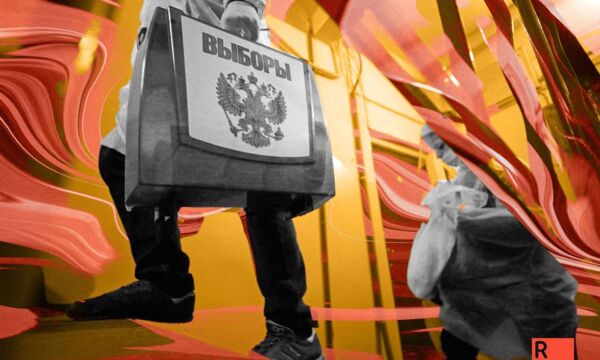
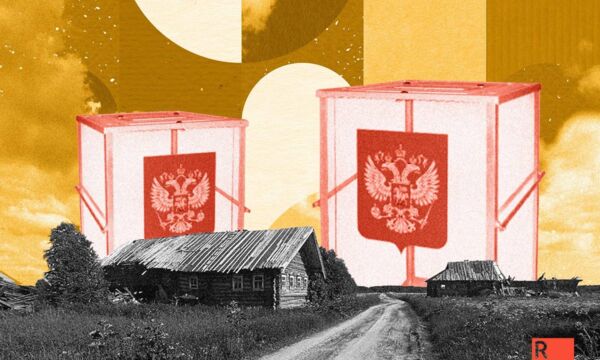
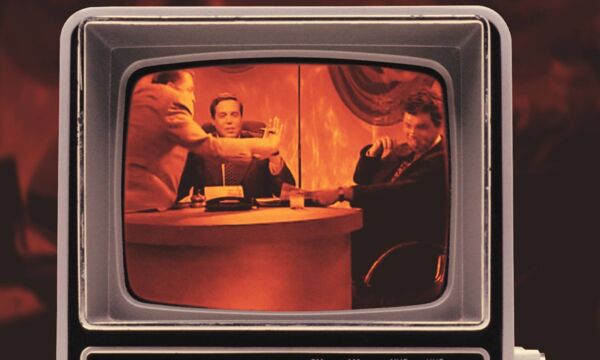
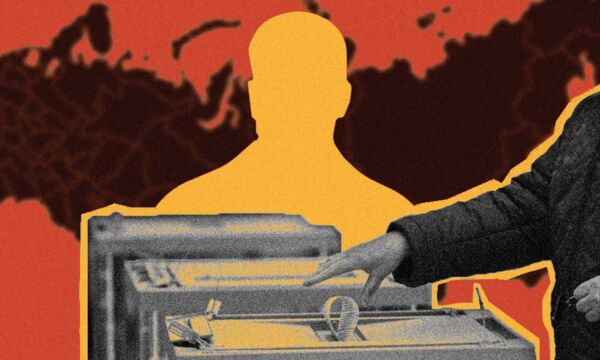
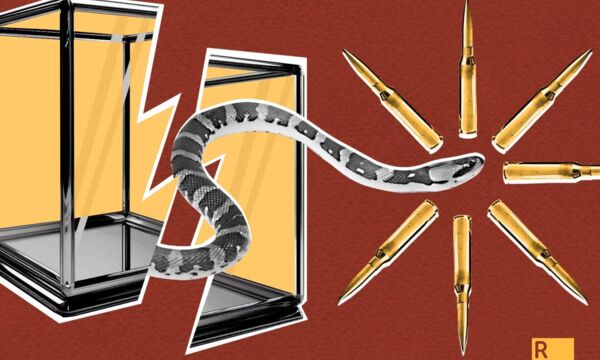
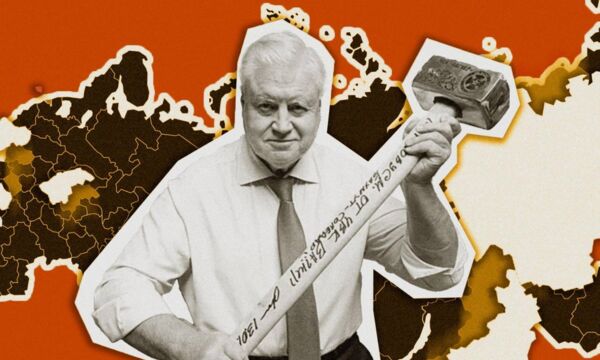
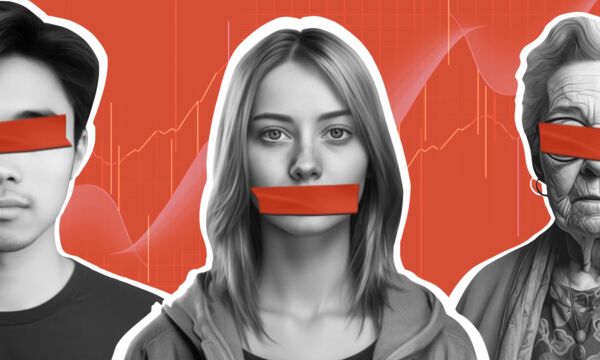
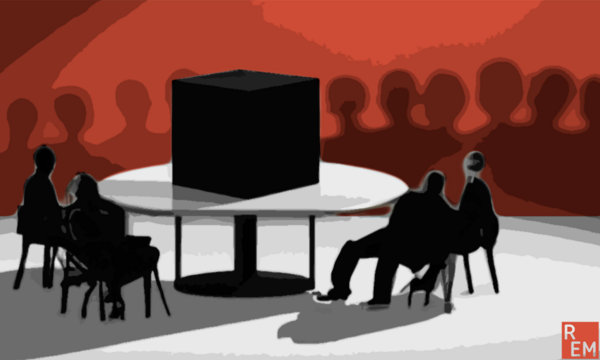
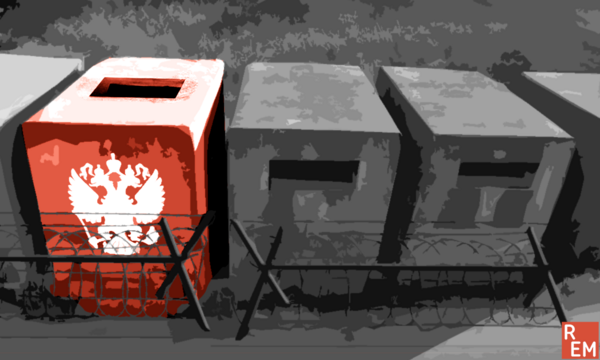
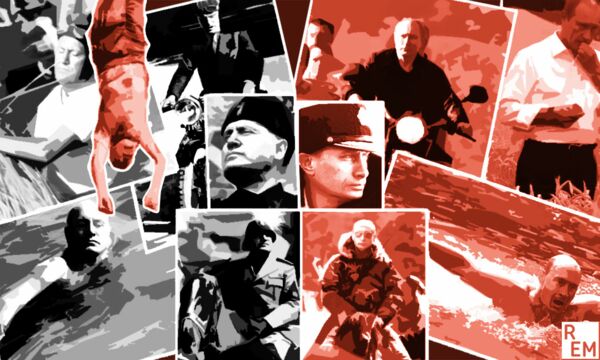
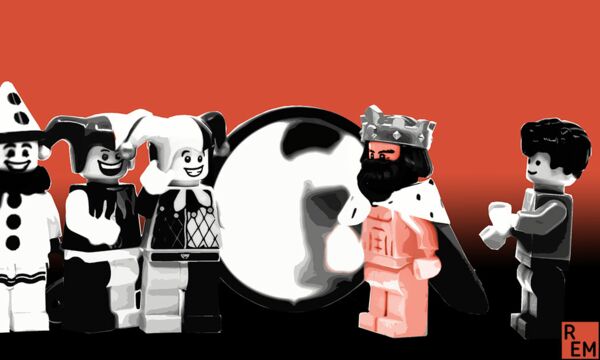
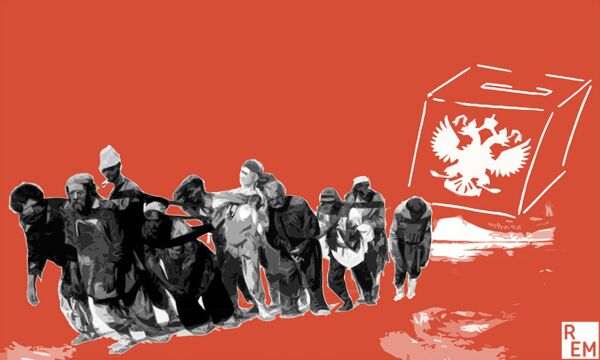
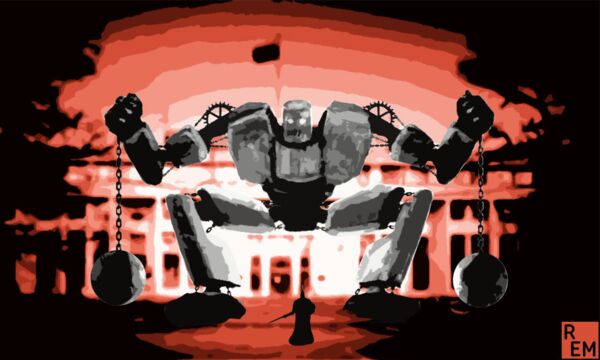

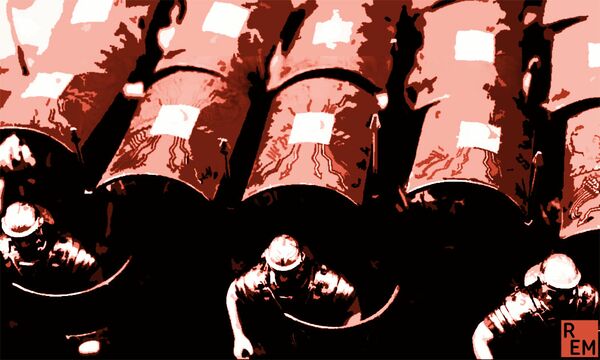
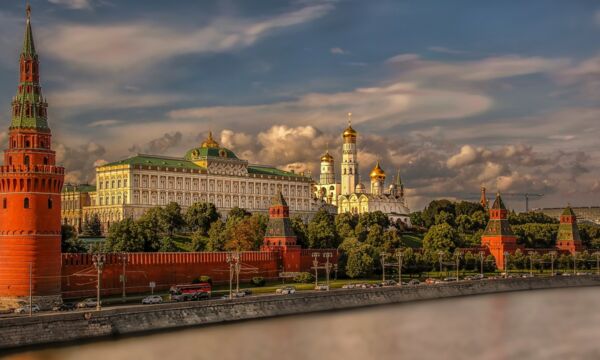
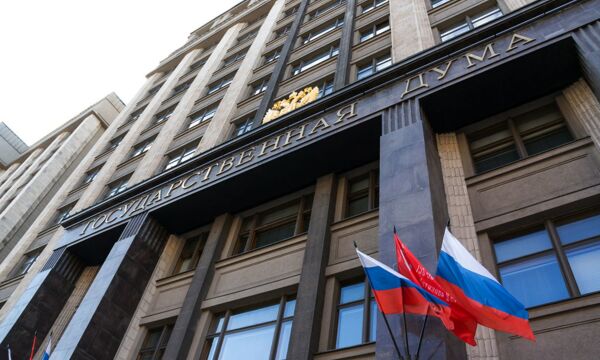
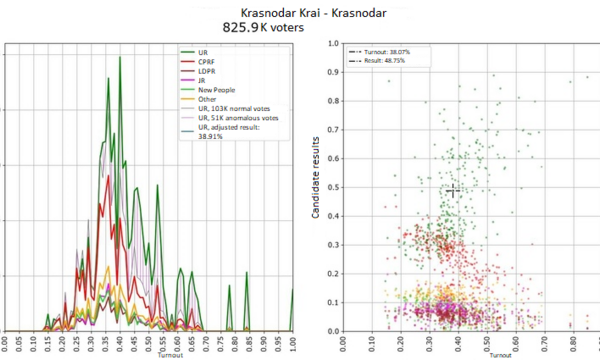
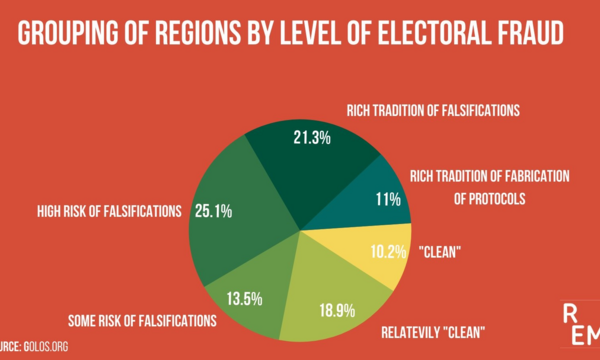
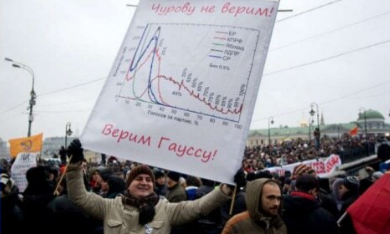
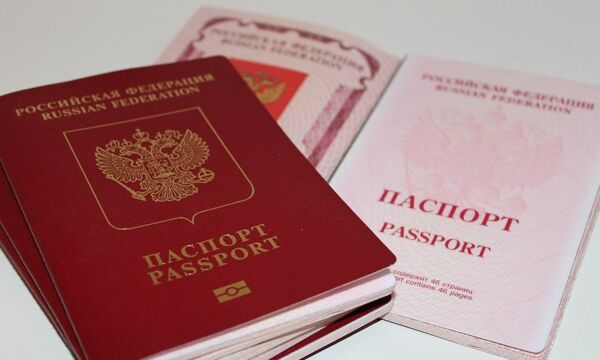
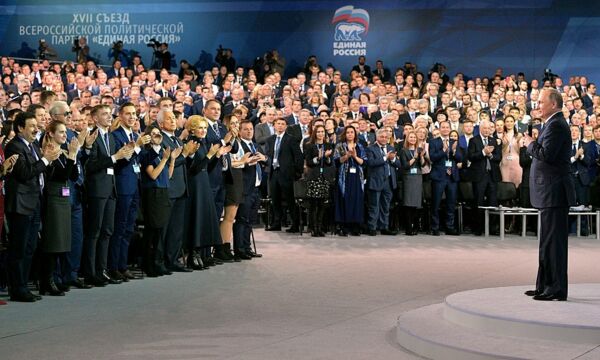
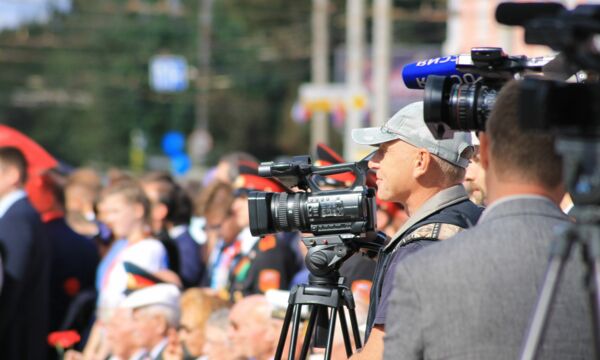
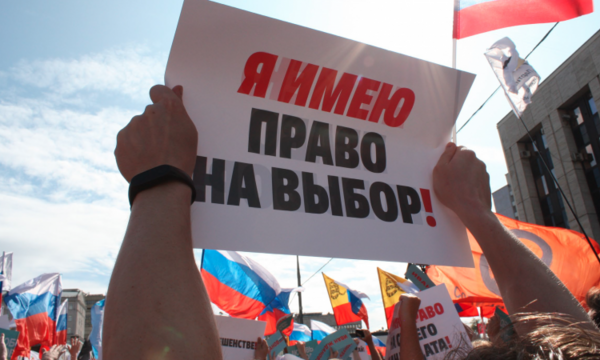
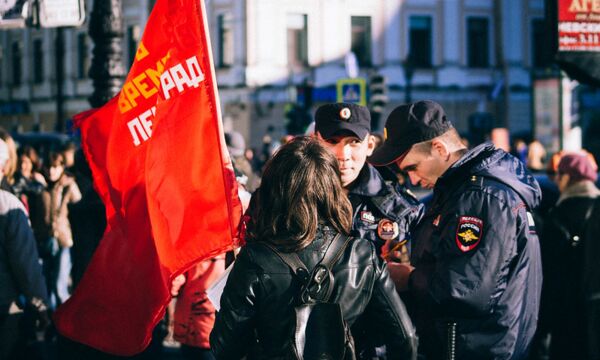
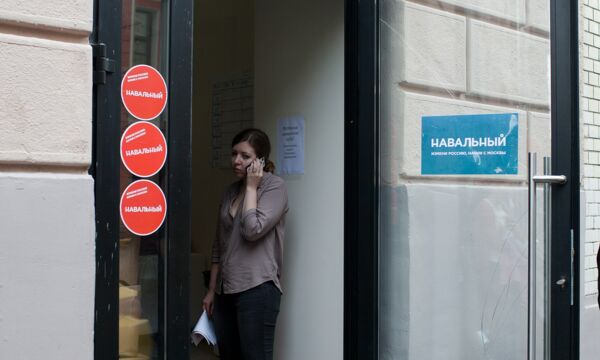
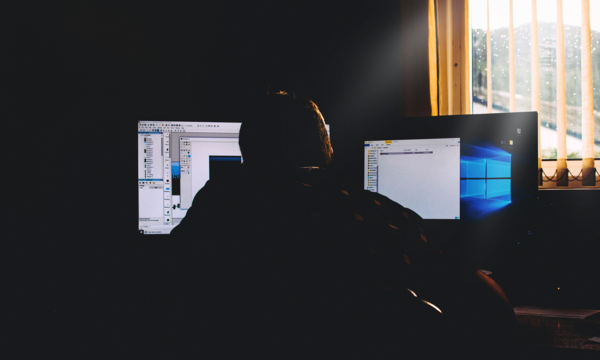
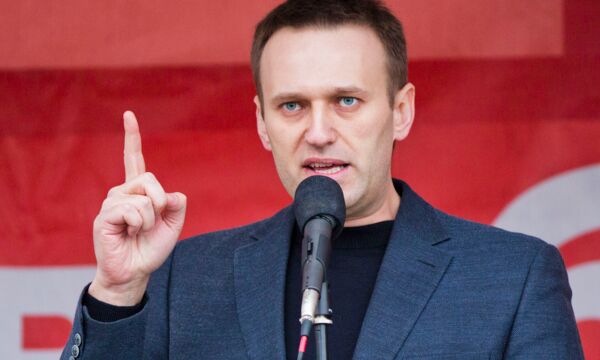
Honorary pension for Ukrainian elites
For years, the Kremlin has sought to incorporate Ukrainian politicians, security officials and bureaucrats loyal to it into its power structure.
However, after the annexation of Crimea and the start of the full-scale invasion, its policy underwent significant changes.
In this essay, Andrey Pertsev analyzes the Kremlin's new strategy to win over Ukrainian officials dissatisfied with the Ukrainian leadership.
Read more … Honorary pension for Ukrainian elites